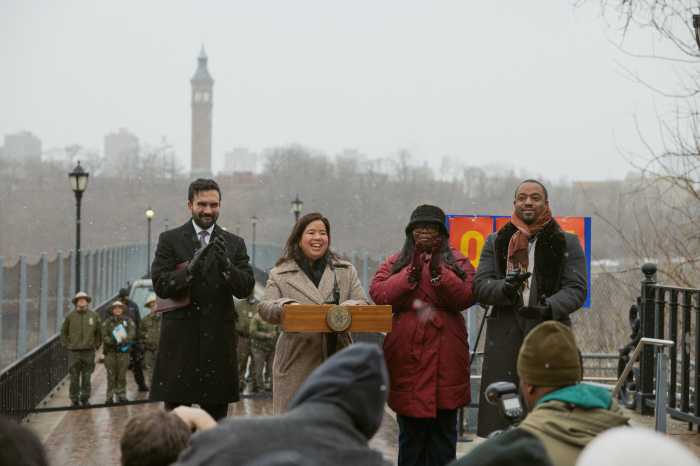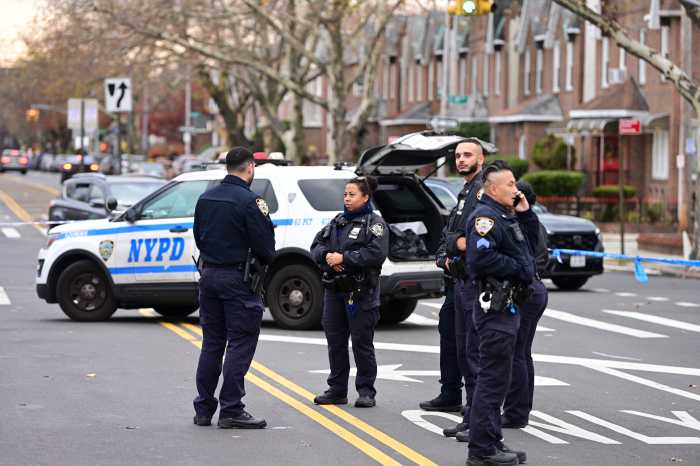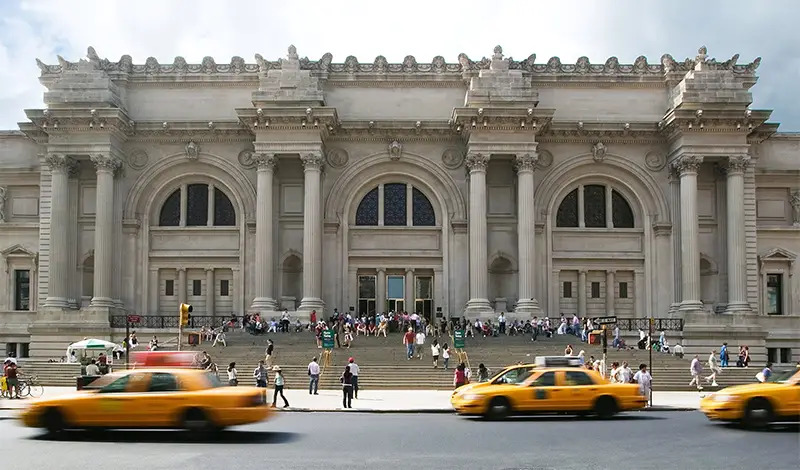There are a whole lot of contendas on the waterfront in Red Hook.
Alternative visions for the future of the hardscrabble neighborhood faced
off this week, as Mayor Bloomberg’s vision for the borough’s
last working waterfront came under fire.
Councilman David Yassky (D-Brooklyn Heights) criticized Bloomberg for
favoring parkland and commercial and residential development over the
continued use of the waterfront as a working port.
Except, of course, as a homeport for the cruise ship industry, which will
begin operating in Red Hook next month.
At a City Hall press conference, Yassky slammed such a scheme as shortsighted,
“smoke-and-mirror economic development” that would cater to
would-be condo buyers, but leave Brooklyn, whose storied history includes
generations of longshoremen, without a cargo port.
The Red Hook Container Port is operated by American Stevedoring, whose
lease will not be renewed when it expires next year, according to city
officials who cited a need to expand the cruise ship terminal now under
construction at the foot of Pioneer Street.
Yassky said he urged the city to relocate the container port to Sunset
Park — but such a plan is not in the works.
Instead of keeping a working pier in Red Hook, Bloomberg says the neighborhood’s
industrial future would be far better served by providing tax incentives
for manufacturers and banning new residential conversions along most of
the waterfront south of Pacific Street in Cobble Hill.
But at a public hearing Tuesday, residents, landowners and business owners
clashed over the mayor’s “Industrial Business Zone” policy.
Two dozen residents derided the IBZ proposal, complaining about manufacturers
who stink up the neighborhood with open garbage pits and illegal dumping.
But the largest landowners on the waterfront — Tom Fox, who keeps
his New York Water Taxis at the Erie Basin; Greg O’Connell, now building
a mixed-use development that will include Fairway near the lofts he rents
to artists; and American Stevedoring spokesman Matt Yates — strongly
supported the policy as a safeguard for industrial tenants.
But none of the pro-IBZ speakers addressed fundamental community fears,
opponents said.
“I don’t know why they can’t acknowledge that business
owners are very cavalierly breaking laws,” said Jenny LaMorte, who
moved with her husband to Red Hook from Fort Greene.
“We moved here because we like living in a mixed-use area and we
want it to stay that way, but there needs to be checks and balances.”























